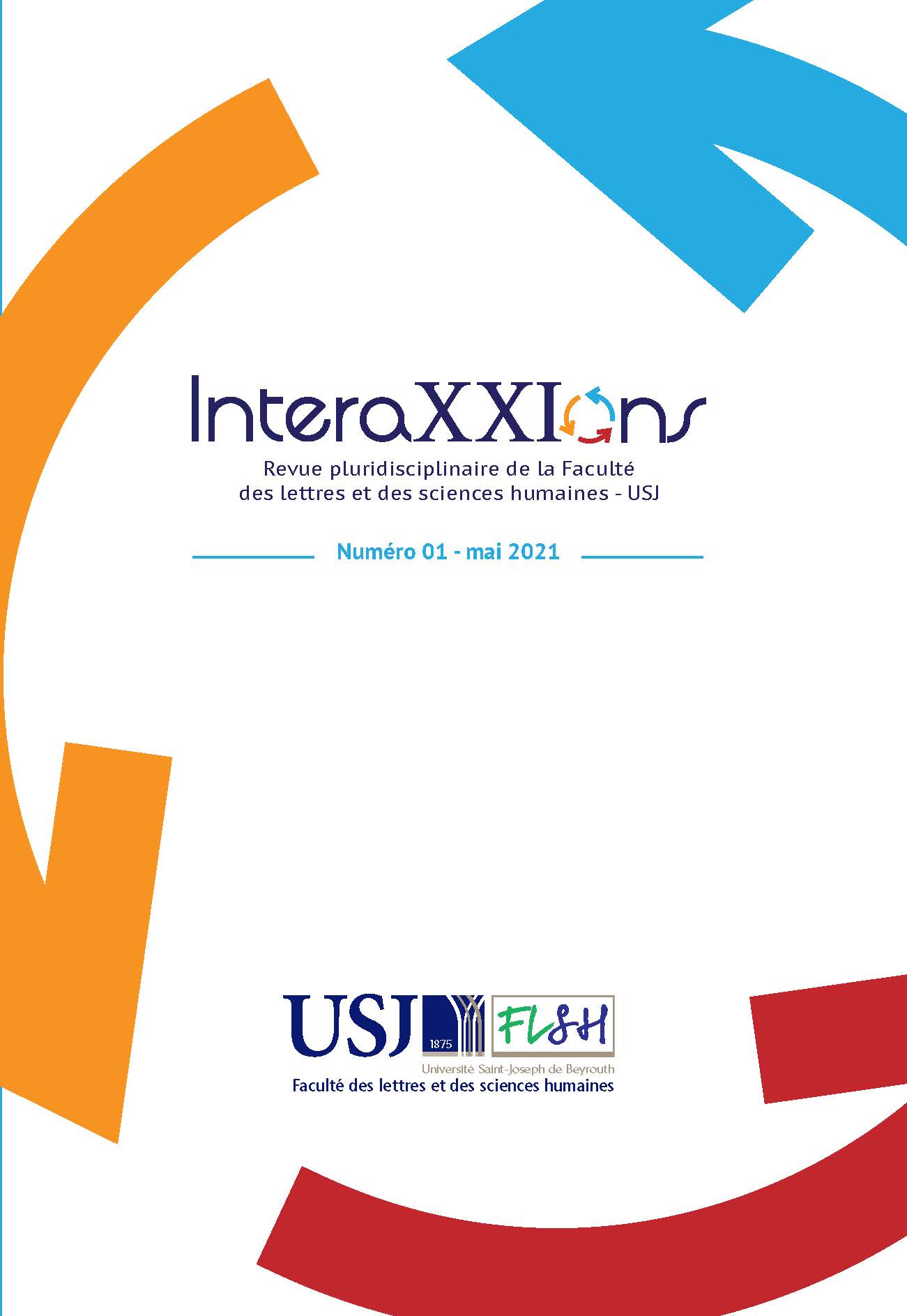Abstract
The Lebanese Arabic speaking novel enters a new phase of its evolution with the outbreak of the civil war and its establishment in everyday reality for about fifteen years. To tell this traumatic experience, the Lebanese novelists propose new subjects, linked to the material difficulties of life in times of crisis but especially to the psychological problems that betray the inability of the individual to adapt and communicate. In order to express these changes, which alter the identity of the individual as much as that of the country, these authors find it essential to rework the language that is affected by the issues that war imposes. Finally, we should also note the use of new narrative forms that focus on the subject and express the disruption of the world through a non-linear "chopped" narration.

